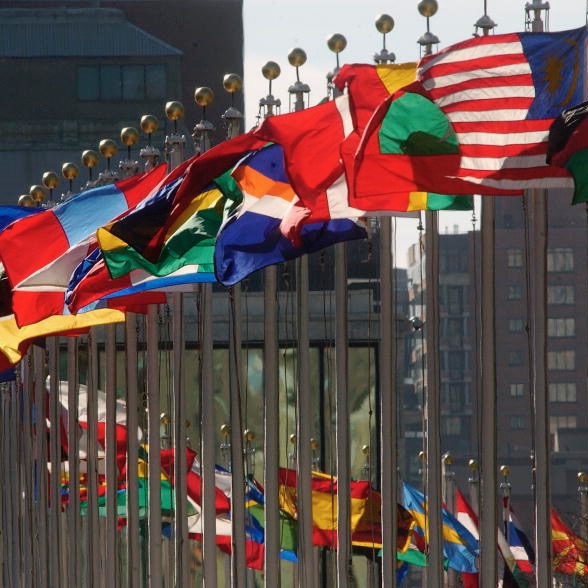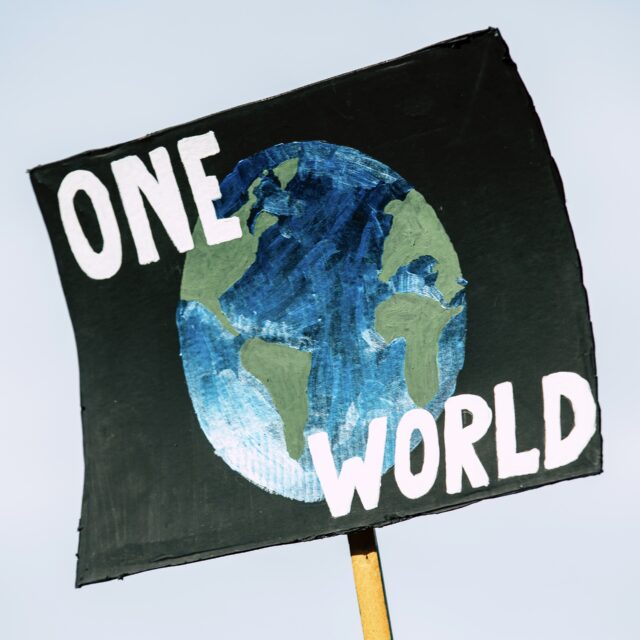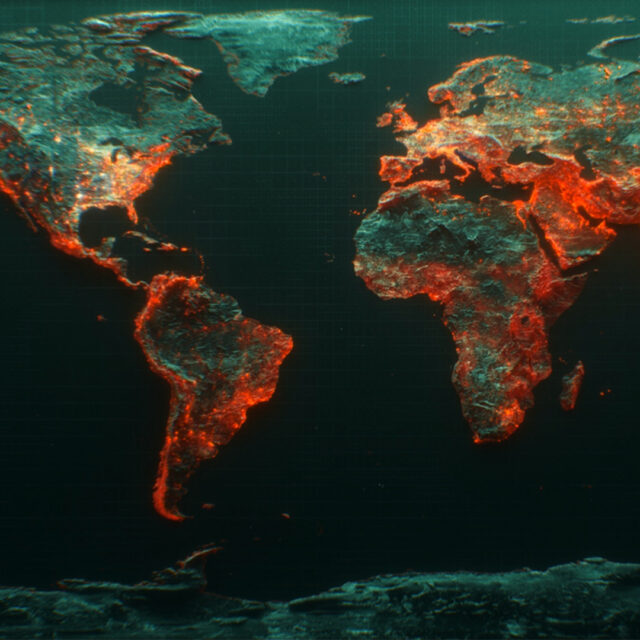Dear G20 Finance Ministers,
It’s been over three months since the first COVID-19 case was reported in China. Since then, the health, economic, and geopolitical impacts of the pandemic have brought the world to a standstill.
Two weeks ago, leaders pledged to do “whatever it takes” to overcome the COVID-19 pandemic. As we await to see your action plan ahead of the next G20 financing meeting on 15 April, it’s imperative that you spell out your commitments to the most vulnerable countries and concretely map out your plans for support.
What should the action plan prioritise? Here are three key elements:
1. Urgently provide debt relief for the poorest countries
The pandemic has pushed the world into a recession, and the impact is especially worrisome in Africa where the continent is in danger of slipping into a new debt crisis. Do not make them choose between supporting their citizens through this crisis or using the little reserve they have — if any — to repay their outstanding debt.
You must provide debt relief for the poorest countries. To start, this means suspending debt repayments for African countries for the remainder of 2020 and 2021. By doing so, you would be able to free up an extra $36.6 billion in Sub-Saharan Africa in 2020 and $41.2 billion in 2021 in government budgets to be spent on the emergency response. Additionally, African governments have asked for a US$100 billion stimulus package. You must meet that request. This will help fund the immediate health response in the continent, protect 30 million jobs, and provide social safety nets for the most vulnerable. In the longer term, we will need to see a comprehensive debt restructuring process. For now, let’s stand with them as we all brace for the economic fallout.
2. Address Africa’s urgent need for medical supplies and expedite vaccine development
As the number of COVID-19 cases in Africa rises, the continent is in desperate need of life-saving medical supplies, including masks, gowns, and ventilators. Commit to reducing tariffs and tax barriers on medical supplies to ease the global flow of these goods. Play your part to protect the most vulnerable.
And as the world waits for a COVID-19 vaccine, you can play a key role in expediting the vaccine development by committing at least US$8 billion to fund the research, development, and supply of vaccines, and ensuring that most vulnerable countries aren’t left behind. The G20 must also pledge to ensure that new medicines and a vaccine, once available, are distributed equitably. Countries should also continue to support Gavi, the Vaccine Alliance to ensure routine immunisation for diseases like measles continues in the world’s poorest countries.
3. Increase humanitarian aid to ensure no one is left behind
As we grapple with the impact of COVID-19, one thing is clear: this pandemic will inevitably wreak its worst on the people, communities, and countries that are least able to withstand the shock. Even the best health systems in the world have struggled to respond to the outbreak. The shock could be worse in Africa.
Commit to supporting the UN’s US$2 billion Global Humanitarian Response Plan. Let’s stand alongside those who are most vulnerable to the threats posed by the pandemic. It’s not just the right thing to — it is the smart thing to do.
G20 Finance Ministers — this virus is bigger than all of us. We need you to step up. Your action plan has the potential to generate the biggest difference for the most vulnerable or has the potential to reverse years of development gains. The decision is yours.



